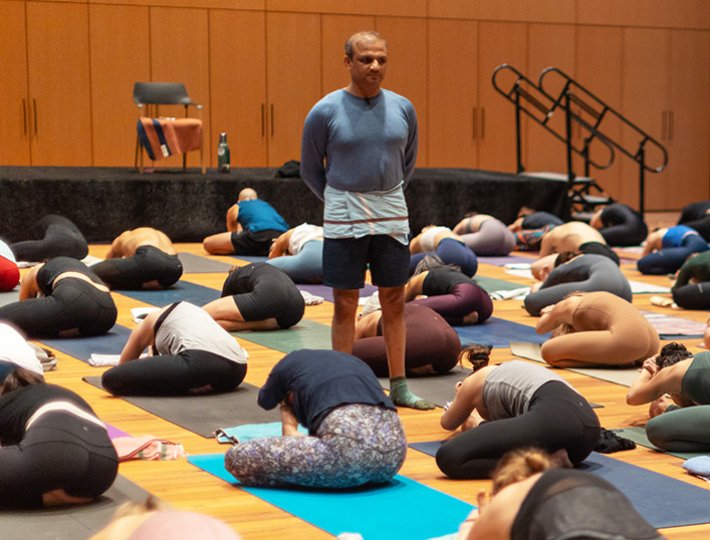Chances are, you found your way to homeopathic medicine when searching for a home remedy to help alleviate symptoms and shorten the duration of your cold. You may have picked up a bottle of oscillococcinum at any drug store or vitamin shop for a natural cure and hopefully, it made you feel better. So what’s in this cold treatment that makes you feel better? It sounds kind of gross but—homeopathic duck liver! Before you think, “What? Gross! How did I miss that on the ingredients list?” You won’t see that description on the bottle’s label. The ingredients list will include sucralose and lactose but not mention duck parts. Even if you took these pills to chemist, they wouldn’t be able to find duck liver in the medicine, they’d tell you they found milk sugar molecules.
That’s because homeopathy uses teeny tiny molecules of a substance—like duck liver—to help your body heal. If you took a duck liver and you actually ate one that was infected with viruses and bacteria, you’d get sick. So it seems counterintuitive to have “harmful ingredients” in medicine, but having a molecule(s) of this potentially toxic substance is believed to provoke a very mild defense and self-regulatory response in the body. These defense-provoking molecules are one of the main principles of homeopathic medicine, but the amount is infinitesimal and can’t even be measured.
Homeopathy is sometimes considered controversial in the sense that it’s hard to describe in scientific terms how such small molecules of a remedy can help someone feel better. Also, the results are very individualized. So while your best friend may use Boiron Cyclease PMS for her premenstrual cramps, aches, bloating, and irritability issues, this natural cure might not do anything for you. It can be hard to believe homeopathy does anything until you experience it. Most Americans who use homeopathy either consult with a homeopathic expert or use over-the-counter remedies for conditions such as the common cold or body aches after exercise.
Related: See Dr. Zand’s natural remedies for better sleep.
Where Homeopathic Cures Come From
Homeopathic remedies are derived from substances that come from plants, minerals, or animals, like I mentioned with the duck liver. You’ve probably heard of (and possibly tried) arnica, a mountain herb that can be taken orally or applied to unbroken skin to treat bruising, muscle aches, reduce inflammation, and heal wounds. Arnica is one of the most popular homeopathic medicines Americans use to cure aches and pains from exercise. Other homeopathic medicines are made with crushed whole bees, white arsenic, poison ivy, belladonna (deadly nightshade), and stinging nettle. Homeopathic remedies are often formulated as sugar pellets you can place under your tongue, or they’re available as ointments, gels, drops, creams, and tablets.
When You’d Visit a Homeopathic Physician
While the U.S. Food and Drug Administration (FDA) regulates homeopathic remedies, the remedies aren’t evaluated for safety or effectiveness. If a homeopathic remedy claims to treat a serious disease such as cancer, it must be sold by prescription. Only products for minor health problems, like a cold or teething, can be sold without a prescription.
You might seek out a homeopathic doctor to treat a chronic problem that conventional medicine doesn’t fix, like the skin condition psoriasis. Or, if you have a serious health issue like asthma, you would seek help from your general practitioner, but if you’d like to take less medication, you might see a homeopathic doctor. Some doctors treat the side effects of cancer with homeopathy and have great success.
The National Institute of Health advises that women who are pregnant or nursing, or people who are thinking of using homeopathy to treat a child, should consult their health care providers before using these cures.
More Resources on Homeopathy
I recommend learning more about homeopathic medicine from “homeopathy zealot” Dana Ullman, M.P.H., via his website, Homepathic.com, or his book, Everybody’s Guide to Homeopathic Medicines, co-authored with Stephen Cummings, M.D. You can research homeopathic doctors on a site like HomeopathyCenter.org.
This article is a contribution from Sonima’s naturopathic medical advisor Dr. Janet Zand, as told to Diana Kelly.











Comments (0)